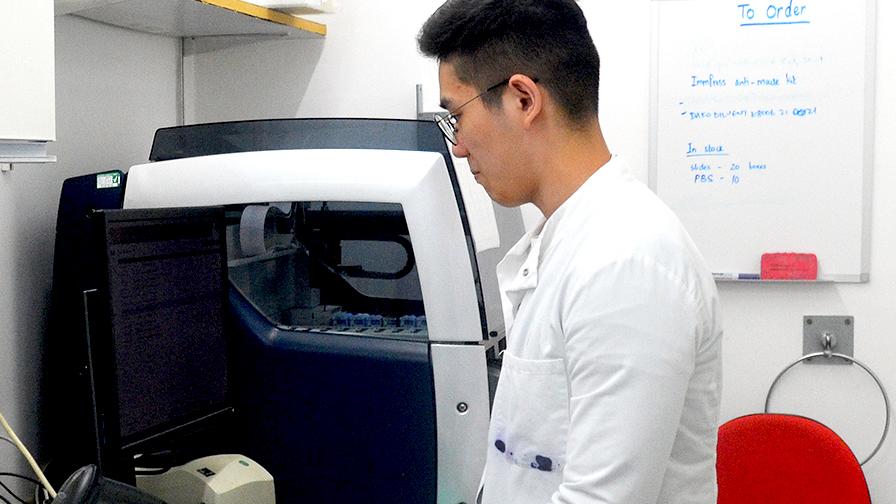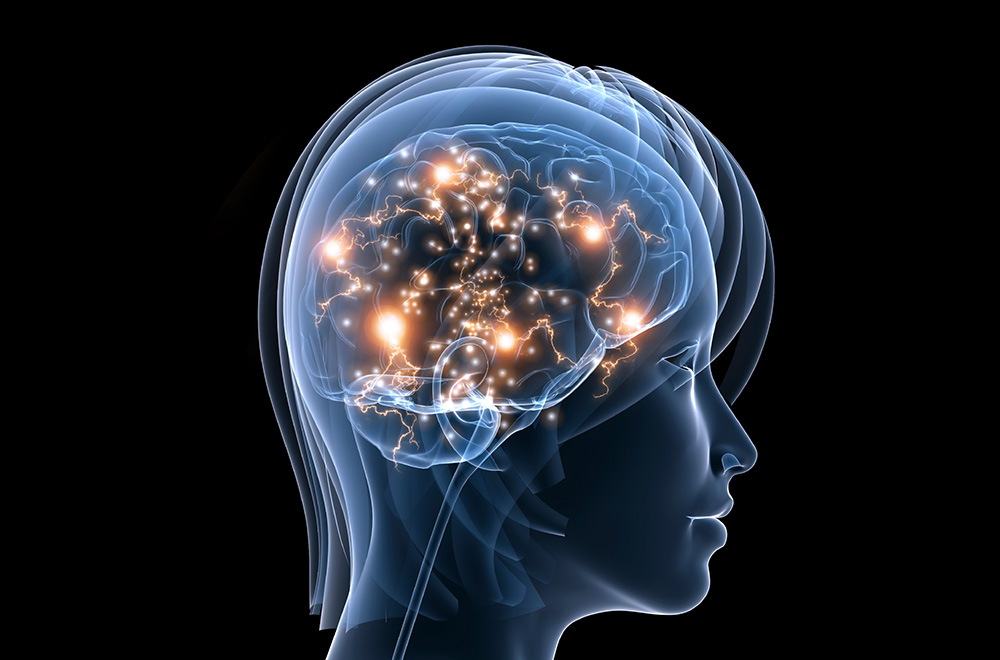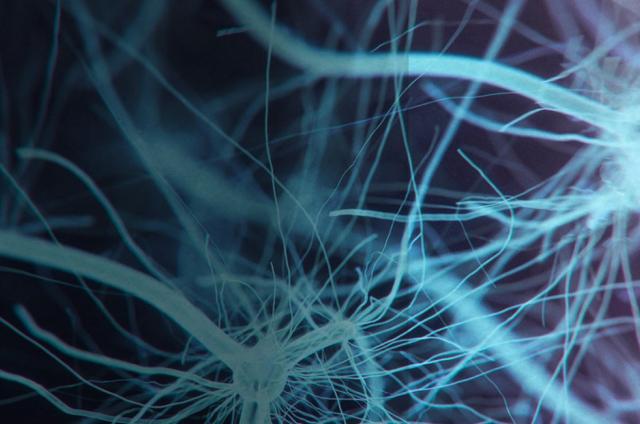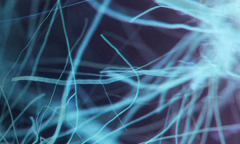
Research into human brain tissue has already shown significant results.
For example, it has helped to underline the importance of wearing helmets for those with repeated seizures which might cause falls and head injury. Research has established that it is the number of times a person hits their heads rather than the number of seizures that can cause some types of cumulative damage to the brain.
Brain and tissue based research can also investigate mechanisms that may increase the risk of sudden and unexpected death in epilepsy.
Join our donor register by calling our team on 020 3448 4009 or at epilepsybrainbank@ucl.ac.uk.

Research has also contributed to findings that show how a correct diagnosis of Dravet syndrome – a difficult-to-treat form of epilepsy that can occur in early infancy – could still lead to improved quality of life and cognitive performance.
We need brain and other tissue donated by people with and without epilepsy so researchers are able to compare differences.
To become a donor, you need to join our donor register by calling our Brain and Tissue Bank team on 020 3448 4009 or emailing us at epilepsybrainbank@ucl.ac.uk. The team will send you further information and the forms for you to complete.
Donating your brain
After a brain donor dies
After a donor dies, the next-of-kin (partner, close relative or legal representative) should inform the person’s GP or the hospital of the donor's wishes to donate their brain for epilepsy research. The Brain and Tissue Bank should be informed immediately on 020 3448 4009.
How tissue samples help epilepsy research
Donating your brain and tissue for research will help make a huge difference to our understanding and treatment of epilepsy in the future. By donating your brain and tissue you could help change the lives of people with epilepsy.
How to become a brain donor
Deciding to donate your brain and tissue to medical research is one of the most important decisions you can make in life. Choosing to help research in this way is a very generous and valuable gift, and the decision must be something you are happy with. It is also something that needs to be discussed with those closest to you before you make any decision.
Epilepsy Society's Brain and Tissue Bank
Dr Joan Liu gives an insight into Epilepsy Society's Brain and Tissue Bank at UCL.
"We've had over 800 cases of epilepsy brain tissue and it's a really fantastic resource for research particulaly. Brain donation is very precious and very valuable especially for research." Dr Joan Liu
After a donor dies
After a donor dies, the next-of-kin (partner, close relative or legal representative) should inform the person’s GP or the hospital of the donor's wishes to donate their brain for epilepsy research. The Brain and Tissue Bank should be informed immediately on 020 3448 4009.
The Brain and Tissue Bank team will then contact either the hospital or the donor’s doctor, the coroner if needed and the funeral director, and will also keep the family informed.
The team will arrange for the body to be taken to the hospital nearest to the place of death, and for a pathologist to remove the brain and other tissue. The tissue will be taken to the Brain and Tissue Bank where it is quickly processed and stored.
If a person dies suddenly and SUDEP – sudden unexpected death in epilepsy – is suspected, there may be a post mortem to establish cause of death. If the donor’s family still wish for the brain to be donated for epilepsy research, they should inform the coroner’s officer who can arrange to release the brain to the Brain and Tissue Bank at an appropriate time.
Research projects
Epilepsy and neurodegeneration
We are currently involved in a Wellcome Trust funded study which will integrate neuropathology, neuroimaging and psychometry. We are addressing the biological basis for progressive memory decline that may occur in some patients with epilepsy. Particularly if there is an underlying alteration to neuronal cells, brain vascular networks or myelin that could provide some indications as to the mechanisms underlying this clinical problem. This project will extend over the next four years.
Other research
Investigating SUDEP through brain tissue
Understanding the complexities of the brain is key to understanding the causes of epilepsy and the impact of seizures on the brain. It is also pivotal in improving the diagnosis and treatment of epilepsy.
Genomics
Read how we are working to understand the genetic architecture of each individual person's epilepsy through our world leading genomics research programme.
Neuroimaging
Neuroimaging enables us to look deep inside the brain to learn more about the impact of seizures on its structure and function.

Research papers
Our latest research papers are written by our powerhouse multidisciplinary team who contribute to a wide ranging spectrum of epilepsy research.




